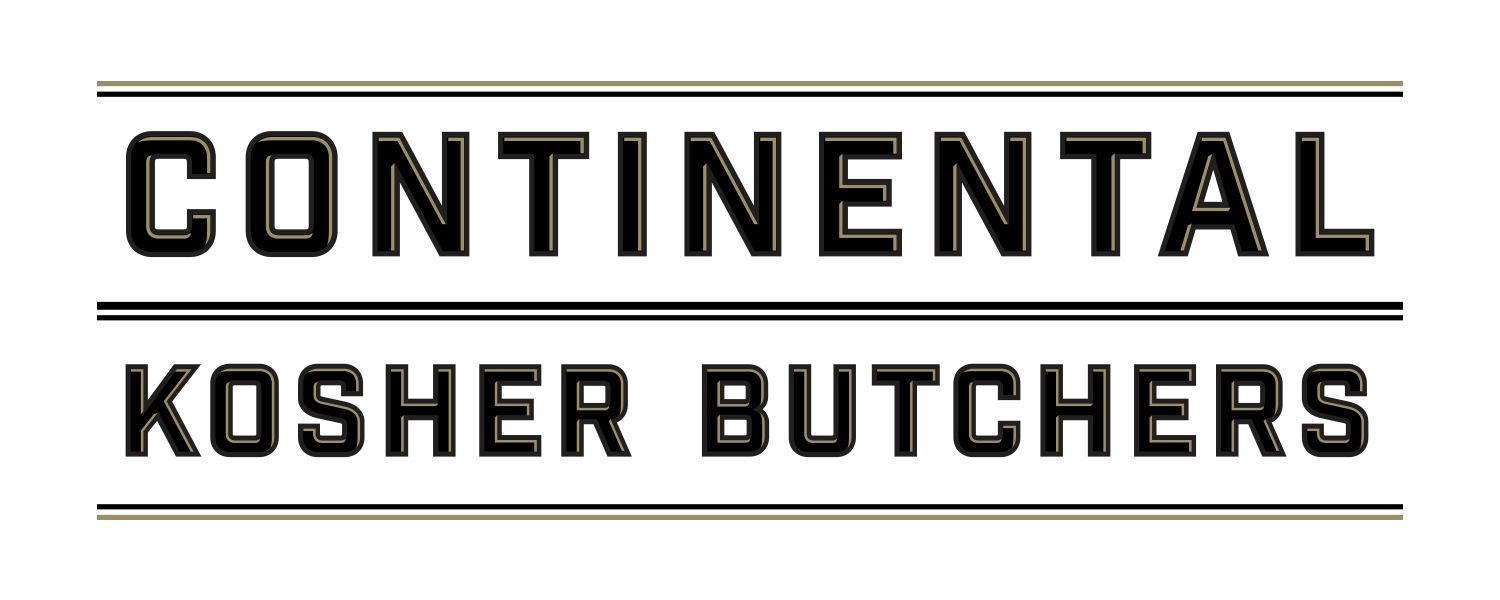The term “Kosher” means “proper” or “fit”. (It has nothing to with “the Rabbi’s blessing”.)
Kosher laws are based on principles set forth in the Bible with elucidation in Rabbinic literature such as the Talmud and the Code of Jewish Law.
All foods and their components and derivatives are divided into 4 categories:
Meat
Dairy
Pareve (Neutral)
Non-Kosher, which includes mixtures of Meat and Dairy, and mixtures of Meat and Fish. These categories are explained below.
Meat
These include:
Animals that chew their cud (generally cattle and sheep), and have split hooves;
All species of poultry;
The animals must be slaughtered in a prescribed manner by a trained ritual slaughterer (“shochet”). The meat must then undergo a soaking and salting procedure to remove the blood (“Koshering”). The entire procedure must be performed under the supervision of a Rabbinic supervisor (“mashgiach”).
Dairy
This includes milk and all its derivatives.
Milk from a non-Kosher animal (e.g. pig, camel) is not Kosher.
Even a very small amount of meat or dairy (or their derivative) in a product gives that product a “meat” or “dairy” status. Furthermore, food processed with heat on equipment previously used for a dairy product, acquires dairy status unless the cleaning process complies with kosher sterilisation.
Pareve (Neutral)
Everything Kosher that does not fall under the above two categories i.e. neither meat nor dairy.
Included under ‘pareve’ are eggs, plants, and Kosher fish (with fins and scales).
While meat and dairy products and their derivatives may not be mixed or eaten together in any amount, ‘pareve’ (neutral) products can be mixed with either meat or dairy products.
Fish is an exception - it may not be mixed with meat.
Non-Kosher
There are two categories of non-Kosher:
Intrinsically non-Kosher
All animals that do not chew their cud or those that do not have split hooves.
Most birds outside of poultry.
All animals and birds that have not been slaughtered, soaked, salted and inspected according to Jewish Law.
All shellfish.
All insects.
All grape derived products that have not been supervised by a Rabbi.
All hard cheese products that have not been supervised by a Rabbi.
All mixtures of meat and dairy ingredients and their derivatives.
All mixtures of meat and fish.
Non-Kosher processing methods
This may apply to food and ingredients whose manufacture includes heat processing, i.e., spray-dried products, reacted flavours, production of fatty acids, canned foods, etc. If the equipment has been previously used for non-Kosher products, it renders any Kosher product non-Kosher. The Kosher product is viewed as absorbing the non-Kosher material from the walls of the vessels. However, if the equipment undergoes a special cleaning process called “Kosherisation” under supervision of a Rabbi, it can then be used for Kosher products.
Rabbi Mordechai Gutnick
Senior Rabbi Awarded Australia’s Prestigious Honor
(This Content Was Published at HERE)


